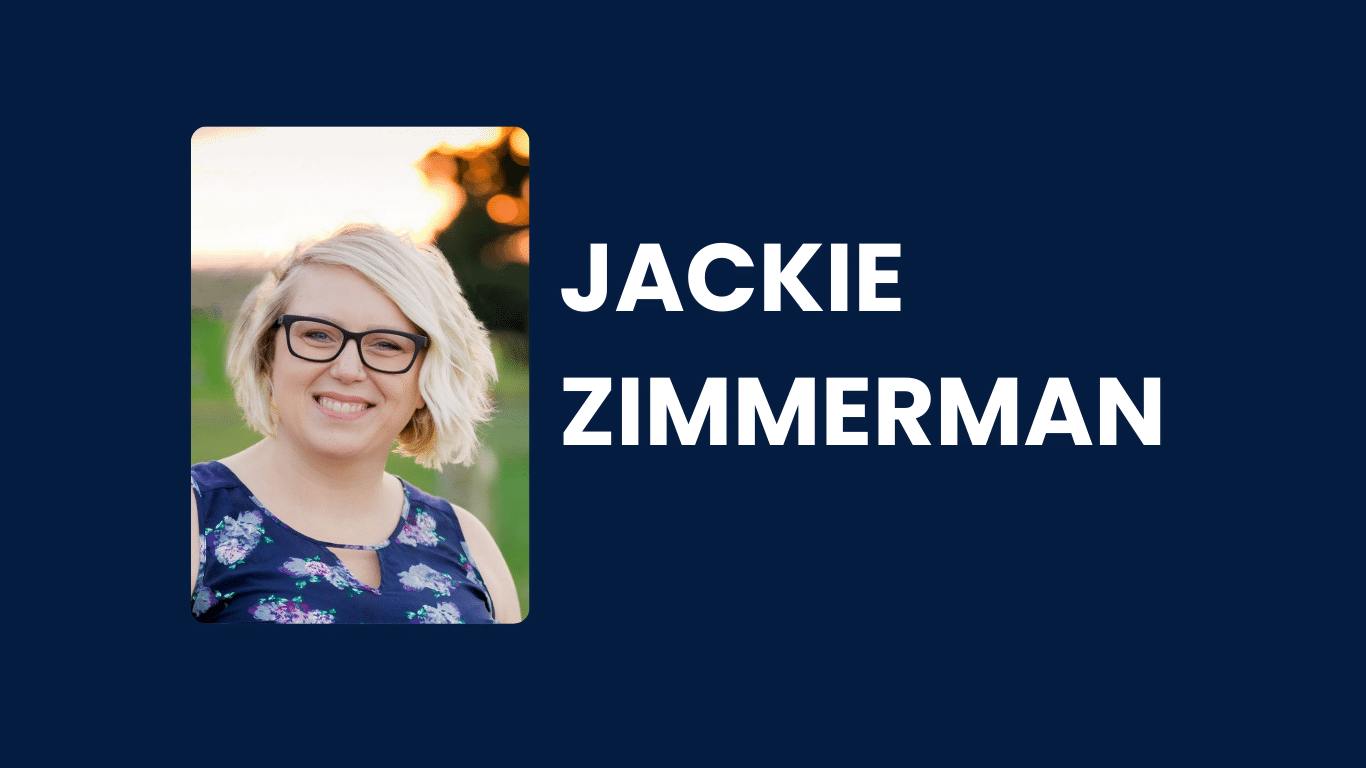Jackie Zimmerman, MS Patient Advocate
By ciscrp1|Nov 23, 2024
By ciscrp1|Nov 23, 2024

Jackie Zimmerman wears many hats—entrepreneur, marketing professional, former roller derby league president, and nonprofit founder. Yet one of her most impactful roles is as a patient advocate for individuals living with multiple sclerosis (MS). Diagnosed with relapsing-remitting MS at just 21, Jackie turned her personal journey into a mission to support others.
Facing the Diagnosis
When Jackie was diagnosed with MS during college, the news was both unexpected and overwhelming.
“It was a total surprise—no one in my family has it,” Jackie recalled. “My first question was…am I going to die? I didn’t know anything about MS. And all the patient-facing documentation was targeted at older individuals.”
This gap in accessible, relatable information led Jackie to start blogging. At the time, social media didn’t exist, and blogging became her way to connect with others navigating similar challenges.
“Blogging got me on the scene of patient advocacy. There are lots of advocates now, but back then, there weren’t as many,” she said.
Navigating MS Treatment
Jackie’s journey with MS began with relapsing-remitting symptoms, where flare-ups are followed by periods of remission. The standard treatment at the time involved self-injections—an intimidating prospect for a 21-year-old.
“My doctor didn’t provide any guidance. He told me to pick whatever medication I wanted,” Jackie said. “Today, there are many different options and methods of delivery.”
Adding to the complexity, MS symptoms and treatment responses vary widely between patients, making every case unique.
Returning to Clinical Research
Jackie first participated in an MS clinical trial in 2008 but was unable to complete it due to unrelated treatment for inflammatory bowel disease (IBD). Over the years, she continued to expand her advocacy work, founding Girls with Guts, a nonprofit supporting women with IBD, and collaborating with healthcare organizations and pharmaceutical companies.
Two factors eventually drew her back to clinical research:
This time, Jackie carefully weighed the logistics, including the time commitment of a 25-minute drive to the trial site.
“The trial offers transportation, which I think is awesome, but I don’t need it,” she said.
A Partner in the Decision
Jackie’s decision to rejoin a clinical trial was a collaborative process.
“I’m married, so my husband was involved. He said it’s my choice, but I considered him in the process. I also know how to talk with friends and family about clinical trials to allay their fears,” she said.
Thanks to her extensive experience, Jackie didn’t seek guidance from patient advocacy organizations. “I’m in the minority because I know a lot more about clinical trials than the average patient. I’ve spent a lot of time learning about trials,” she explained.
Advice for Others & Looking Ahead
Jackie encourages others to approach clinical trials with an open mind.
“Don’t be afraid of them,” she advised. “It’s not a last resort—it’s a way to help your community and access medications years in advance. You’re so heavily monitored that the risk is low.”
She also acknowledges the importance of fitting clinical trials into your life.
“If it’s not feasible right now, it doesn’t mean it will never be feasible,” she said. “Many pharmaceutical companies are working around participant schedules with office and home visits.”
ackie remains open to participating in future clinical trials as long as they align with her lifestyle.
“As long as the potential benefits outweigh the inconvenience, I’m open to it. I know I have a lot of privilege—I work from home and can make my own schedule. That flexibility makes participation easier,” she said.